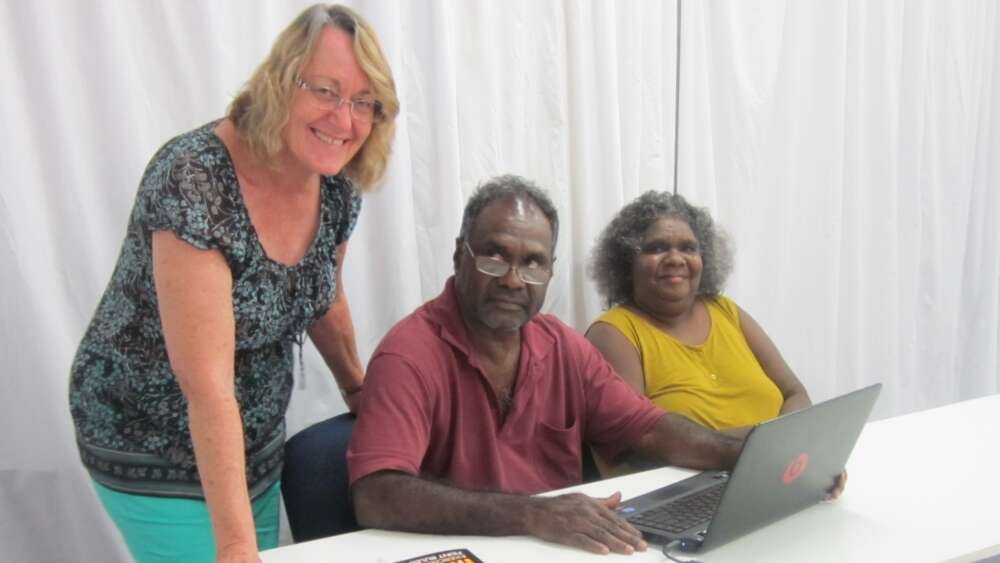Crossing cultures: time and numbers
Mally’s cultural encounters #2
Once while I was in Galiwin’ku on Elcho Island, I went to visit Ŋarritjan and family. They were living in “tent city” on the oval, after the destruction of many homes by Cyclone Nathan and Cyclone Lam, which hit the island a month apart. Ŋarritjan is a sister in my adoptive family, so her children are considered my children, or waku, as well. Our waku were telling me that Ṉarritjan was an old lady now.
“But,” I contended, “she is only a bit older than me.”
“Yes, but she’s very old,” they said.
In the ensuing days, I found she was only three years older than me, and I was NOT old. When I went back for another visit some days later, they commented again that Ŋarritjan was a very old woman now.
“No she’s not,” I said. “She’s only three years older than me.”
“Yes, but she’s very old,” they said.
This was a light bulb moment for me. Ping! We in the West are obsessed with numbers. You are old when you’ve had a large number of birthdays. In a culture where it is really only 80 or 90 years since numerical systems were introduced, they still live by condition, not by how many years a person lives. Ṉarritjan was old, not because she’d lived a certain number of years but because she was physically unable to do what she once could.
Ṉarritjan was old, not because she’d lived a certain number of years but because she was physically unable to do what she once could.
This incident made me think more about the huge difference there is between the way we of Western thought approach life and the way others view life. We view the world through totally different grids. We think in numbers and dates and times. The Yolŋu, the Indigenous people of Northeast Arnhem land, think in relationships and events.
Have you ever considered that our number systems are human inventions? Have you ever thought of our system of time as a human invention? God made day and night, but humans at some stage decided to divide a day into 24 hours and an hour into 60 minutes and a minute into 60 seconds. Now these inventions have been incredibly valuable. However, there are some major inconsistencies.
Why are there 12 months in a year, when there are 13 full moons? The Yolŋu think of a month in terms of the moon cycle.
Why are there four seasons in the year which start on a particular date, no matter what? The Yolŋu name their seasons according to the winds that blow at different times of the year. A change in wind direction ushers in the change of season, not a manmade date. Therefore they have five seasons, or in some places seven. When snow fell in Tasmania just before Christmas, we happily said that snow fell in summer, all because we have set a date – a manmade concept – when summer starts.
As for minutes and seconds … We have become slaves to these manmade concepts more and more in our culture. “Time is money” and we are slaves to money. So we rush with little rest, turning ever more in tightening circles. If church doesn’t start on the dot of time, there is a mini crisis. And to be late for a service is considered ungodly in some circles – even if relationships have been strained in order to be “on time”.
This is a huge area of cross-cultural strain unless, when moving into Yolŋu circles, we let go of those Western concepts. To the Yolŋu, RELATIONSHIP is by far the most important, and straining a relationship is by far the greater sin. Therefore, church will often start only when the right people are there. We of the West must throw our timepieces away and relax. Only then can we be at one with those around us in a Yolŋu community.
One Yolŋu friend threw out this challenge to us: Why is the Western view of time considered right and our way wrong? Could it be that both are right in their own context?
Marilyn (Mally) McLellan is a practitioner in Language and Cross-Cultural Consultancy.
Email This Story
Why not send this to a friend?


